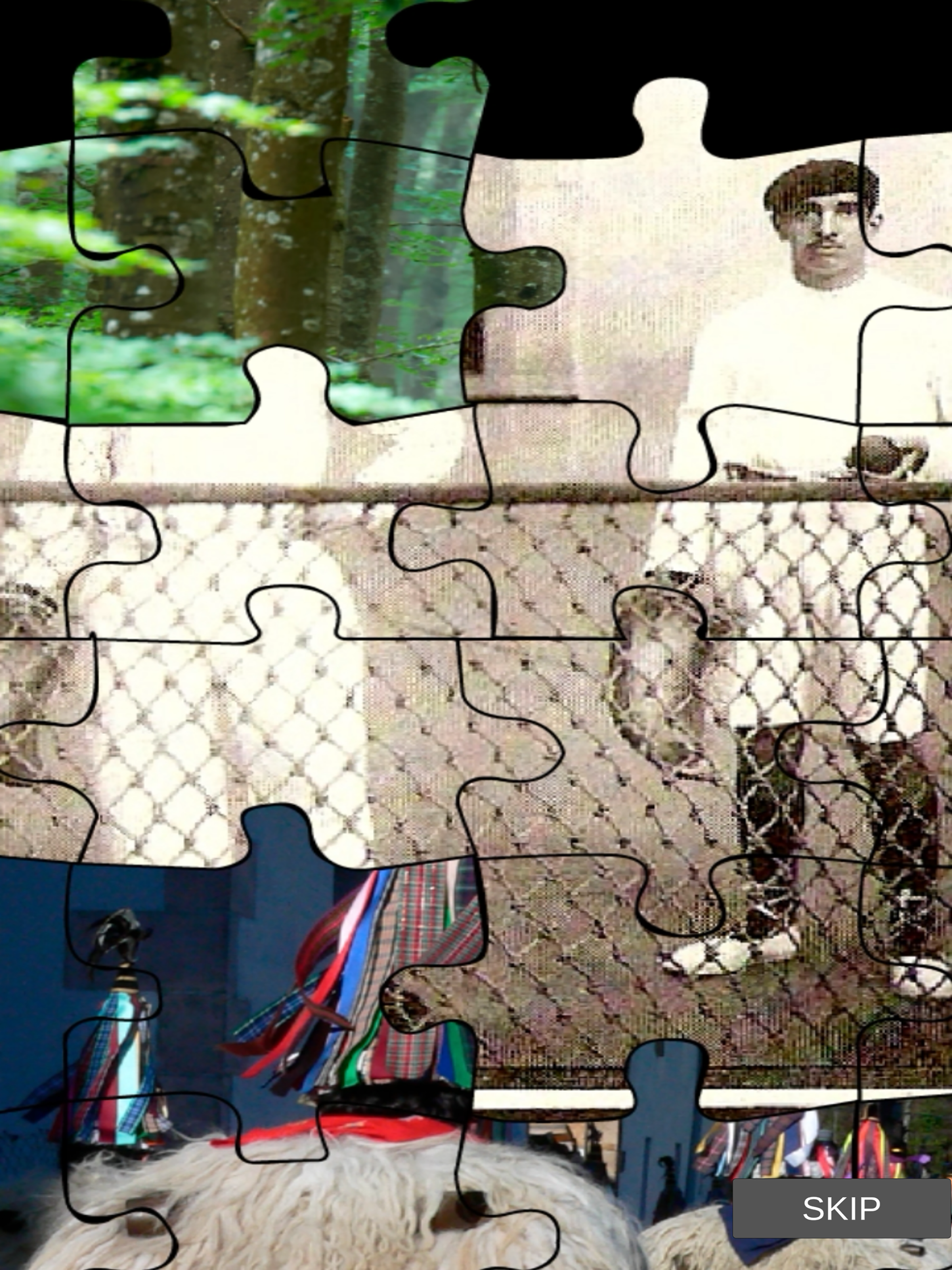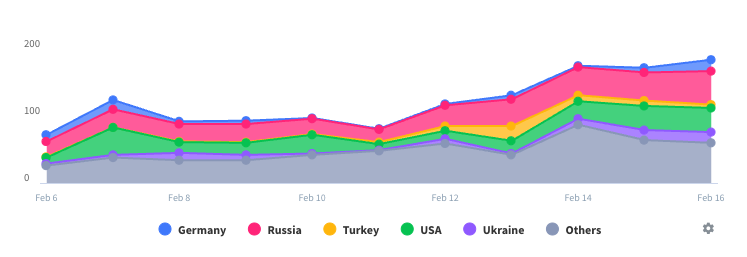
KculTour
Разработчик: BIHARTECH SC
Описание
This mobile application is designed to signalize with augmented reality the local heritage of towns, areas and routes in Navarra, but it can be used in other territories. It has been designed based on a methodology that promotes education and the appreciation of heritage, especially in rural areas affected by depopulation. It is intended for both the local public and visitors, schoolchildren or tourists.
For this reason, it also includes information on local services and products with the aim of generating added value in sustainable local development. A computer manager has also been designed to control the information that is entered. This information can be increased in a scalable way and vary according to the response of the public in the satisfaction surveys and in the statistics of use. It has been sought that it is always stimulating for the receiver.
The adaptation is made based on age (children, youth and adult audiences) and level of knowledge (informative adult and expert adult). The gender approach has also been taken into account. Likewise, all the contents are presented in five languages: Spanish, Basque, English, French and German.
The accessibility of the contents that combine auditory and visual materials with subtitles has been taken care of. For people with reduced mobility, virtual tours are offered in places that are difficult to access.
The use of the mobile application responds to the ubiquitous learning model, that is, it can be used in the geolocated place or in any other place, especially in the classroom, with the built-in virtual reality tools.
Once the assets of the towns, routes, routes, etc. have been identified by the neighborhood commissions, different types of markers have been developed: QR, icons or photographs for marking the routes, guides or maps, beacons, GPS points... They offer the possibility of incorporating the designed virtual and augmented reality texts and artifacts into other didactic or sustainable tourism materials.
Each of the marked elements is adapted to the different audiences with differentiated texts and immersive experiences to stimulate the recipients. They are used: written texts; audiovisual; images and photographs; 360º images, web links; pdf; time lines, temporal contrast; 3D objects etc To make up for the lack of guides, avatars have been designed to present the contents. All these resources of each element are accompanied by audio (audio guide service).
Finally, for children and young people, gamified visits have been designed. Treasure hunt or geocaching and escape room games, mysteries or tests are proposed. When the app is used offsite, serious educational games are raised on various educational platforms.
Скрыть
Показать больше...
For this reason, it also includes information on local services and products with the aim of generating added value in sustainable local development. A computer manager has also been designed to control the information that is entered. This information can be increased in a scalable way and vary according to the response of the public in the satisfaction surveys and in the statistics of use. It has been sought that it is always stimulating for the receiver.
The adaptation is made based on age (children, youth and adult audiences) and level of knowledge (informative adult and expert adult). The gender approach has also been taken into account. Likewise, all the contents are presented in five languages: Spanish, Basque, English, French and German.
The accessibility of the contents that combine auditory and visual materials with subtitles has been taken care of. For people with reduced mobility, virtual tours are offered in places that are difficult to access.
The use of the mobile application responds to the ubiquitous learning model, that is, it can be used in the geolocated place or in any other place, especially in the classroom, with the built-in virtual reality tools.
Once the assets of the towns, routes, routes, etc. have been identified by the neighborhood commissions, different types of markers have been developed: QR, icons or photographs for marking the routes, guides or maps, beacons, GPS points... They offer the possibility of incorporating the designed virtual and augmented reality texts and artifacts into other didactic or sustainable tourism materials.
Each of the marked elements is adapted to the different audiences with differentiated texts and immersive experiences to stimulate the recipients. They are used: written texts; audiovisual; images and photographs; 360º images, web links; pdf; time lines, temporal contrast; 3D objects etc To make up for the lack of guides, avatars have been designed to present the contents. All these resources of each element are accompanied by audio (audio guide service).
Finally, for children and young people, gamified visits have been designed. Treasure hunt or geocaching and escape room games, mysteries or tests are proposed. When the app is used offsite, serious educational games are raised on various educational platforms.
Скриншоты
KculTour Частые Вопросы
-
Приложение KculTour бесплатное?
Да, KculTour полностью бесплатное и не содержит встроенных покупок или подписок.
-
Является ли KculTour фейковым или мошенническим?
Недостаточно отзывов для надежной оценки. Приложению нужно больше отзывов пользователей.
Спасибо за ваш голос -
Сколько стоит KculTour?
Приложение KculTour бесплатное.
-
Сколько зарабатывает KculTour?
Чтобы получить оценку дохода приложения KculTour и другие данные AppStore, вы можете зарегистрироваться на платформе мобильной аналитики AppTail.

Оценки пользователей
Приложение еще не оценено в Пакистан.

История оценок
KculTour Отзывы Пользователей
Оценки

История позиций в топах
История рейтингов пока не доступна

Позиции в категории
Приложение еще не было в топах
KculTour Установки
30дн.KculTour Доход
30дн.KculTour Доходы и Загрузки
Получите ценные инсайты о производительности KculTour с помощью нашей аналитики.
Зарегистрируйтесь сейчас, чтобы получить доступ к статистика загрузок и доходов и многому другому.
Зарегистрируйтесь сейчас, чтобы получить доступ к статистика загрузок и доходов и многому другому.
Информация о приложении
- Категория
- Travel
- Разработчик
- BIHARTECH SC
- Языки
- English
- Последнее обновление
- 1.3 (5 месяцев назад )
- Выпущено
- May 24, 2023 (1 год назад )
- Также доступно в
- Азербайджан, Бельгия, Беларусь, Испания, Финляндия, Гонконг (САР), Республика Корея, Пакистан, Польша, Саудовская Аравия, Таиланд, Турция, Тайвань
- Обновлено
- 14 часов назад
AppTail.




